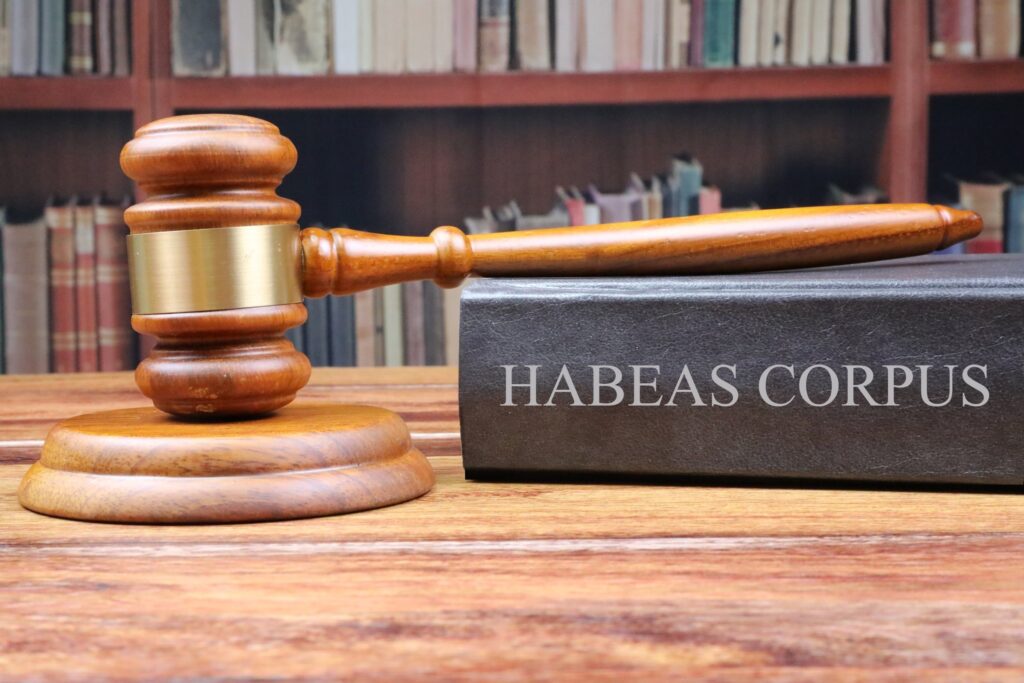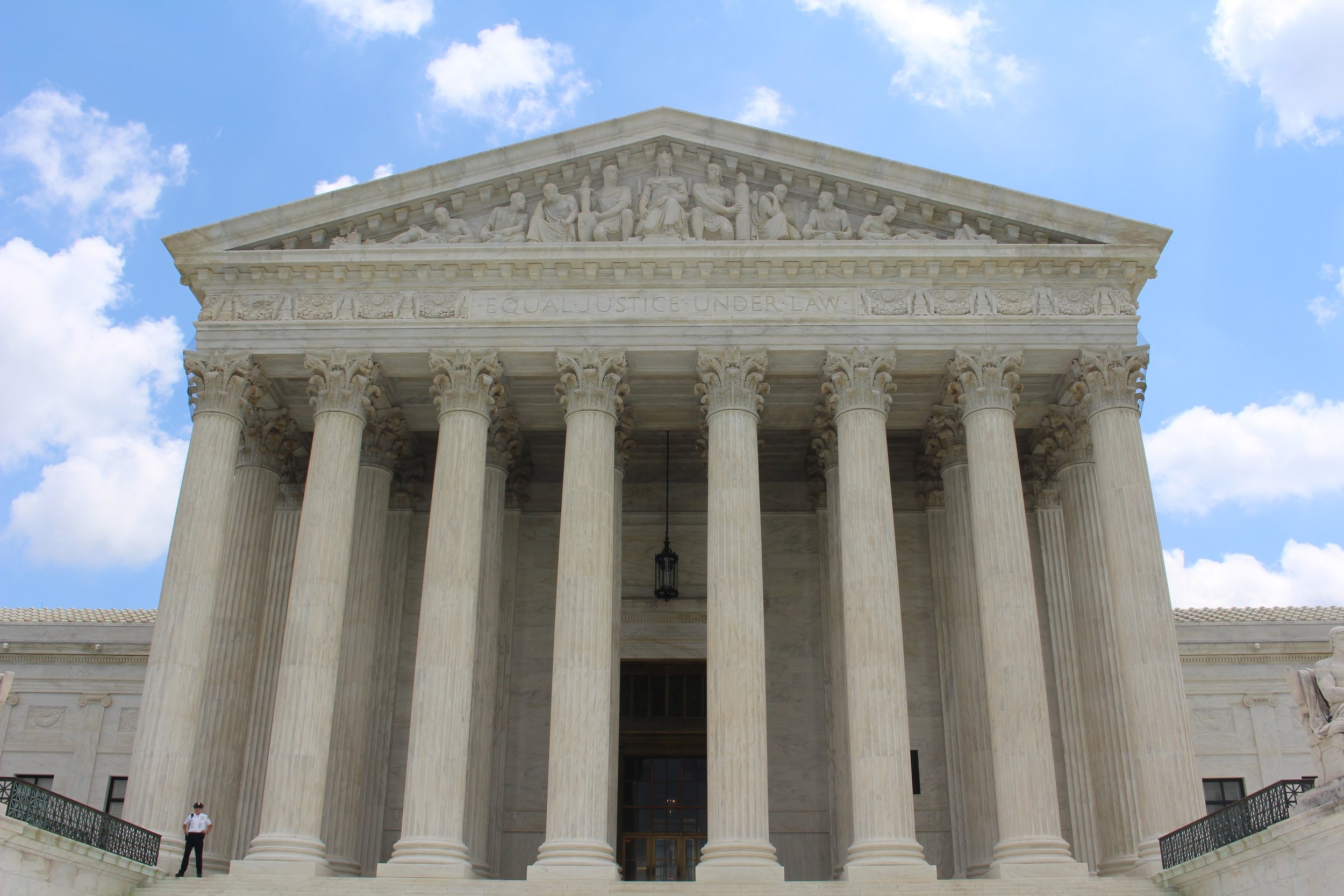Legal Competence on Habeas Corpus: Attorney Services and Assistance
Legal Competence on Habeas Corpus: Attorney Services and Assistance
Blog Article
Understanding the Duty of a Post-Conviction Legal Representative in Seeking Justice After a Criminal Sentence
In the complex landscape of post-conviction legal proceedings, the function of a post-conviction legal representative is crucial in browsing the path to justice after a criminal conviction. Past the boundaries of a test, these attorneys involve in a diverse approach aimed at revealing brand-new evidence, difficult lawful mistakes, and promoting for their clients' rights. The complexities of post-conviction job call for a blend of legal acumen, investigative abilities, and critical believing to decipher the intricacies of a situation and pursue methods that may have been overlooked or underexplored. As the search of justice expands beyond the boundaries of preliminary process, the function of a post-conviction lawyer arises as a beacon of wish for those seeking to fix oppressions and reclaim their legal rights within the legal system.
Post-Conviction Attorney's Investigative Work
Post-conviction attorneys take part in meticulous investigatory work to uncover brand-new evidence, procedural mistakes, or misbehavior that could possibly cause reversing a sentence. This investigatory phase is critical in the post-conviction process as it aims to identify any kind of neglected information or legal missteps that might have impacted the end result of the initial test. Post-conviction attorneys look into instance data, witness testimonies, and legal documentation with a fine-tooth comb, browsing for any inconsistencies or irregularities that might be grounds for charm.
Via thorough investigation, post-conviction attorneys intend to lose light on potential injustices that may have taken place throughout the original trial. By inspecting every element of the lawful process, post-conviction lawyers work tirelessly to discover any type of elements that may have influenced the verdict.
Crafting Appeals and Petitions
In the quest of justice after a sentence, experienced attorneys thoroughly craft charms and applications to existing compelling arguments for the reconsideration of legal decisions. Crafting appeals and petitions requires a deep understanding of the legal system, interest to information, and strategic thinking. Post-conviction lawyers analyze test documents, recognize possible mistakes or infractions of rights, and create lawful disagreements to test the conviction or sentence.
When crafting an appeal, lawyers focus on highlighting lawful mistakes that may have affected the outcome of the instance. They research instance regulation, laws, and legal precedents to sustain their disagreements. Petitions, on the various other hand, may involve presenting brand-new evidence that was not available throughout the test or demonstrating changes in the regulation that call for an evaluation of the conviction.
In addition, post-conviction legal representatives need to adhere to strict step-by-step guidelines and deadlines when submitting charms and requests. They must offer their disagreements plainly and persuasively to persuade the court to give alleviation to their clients. Via careful crafting of charms and petitions, post-conviction legal representatives aim to safeguard justice for individuals that have been wrongfully founded guilty or unfairly punished.

Going After Post-Conviction Alleviation
Post-conviction alleviation includes a range of lawful mechanisms made to test the validity of a sentence or sentence. Post-conviction legal representatives play a critical function in navigating these complex procedures, ensuring that all lawful options are discovered to remedy injustices that may have taken place during the test or sentencing phase.
One common type of post-conviction alleviation is submitting an application for post-conviction relief, generally based on insurance claims of inefficient aid of advise, prosecutorial misconduct, newly discovered evidence, or constitutional infractions. Experienced post-conviction legal representatives have the abilities and expertise essential to recognize sensible lawful cases, perform examinations, and existing engaging debates to safeguard alleviation for their customers.
Using Forensic Evidence
When challenging a conviction or sentence, the tactical usage of forensic evidence can be an effective device in post-conviction lawful process. Forensic proof includes a large range of scientific techniques used to explore crimes and develop realities in court. Post-conviction legal representatives can utilize forensic proof to challenge the validity of convictions by offering brand-new scientific findings that were not readily available during the original test.

Participating In Sentence Alterations
Post-conviction legal representatives might discover the opportunity of sentence alterations as a lawful method to attend to out of proportion or unfair sentences bied far in criminal situations. Sentence adjustments include seeking modifications to the terms of a defendant's sentence after a conviction has actually happened. These adjustments can include lowering the length of a sentence, modifying the sort of punishment enforced, or exploring alternate sentencing choices.
Post-conviction attorneys can pursue sentence adjustments through different legal systems, such as submitting activities for sentence reduction, appealing for caring launch, or negotiating plea bargains for lowered sentences. They should very carefully assess the situations of the situation, examine the legal grounds for looking for a modification, and existing engaging debates to the court supporting the requirement for a modified sentence.
Participating in sentence adjustments calls for a detailed understanding of criminal regulation, punishing standards, and the specific treatments involved in seeking post-conviction alleviation. Post-conviction lawyers play an important role in supporting for fair and simply results by difficult sentences that are unduly harsh or do not align with the principles of justice.
Final Thought
Finally, the role of a post-conviction attorney is important in seeking justice after a criminal conviction. With investigatory work, crafting charms and applications, pursuing post-conviction alleviation, utilizing forensic evidence, and engaging in sentence adjustments, these attorneys play a crucial function in advocating for their customers and guaranteeing that their rights are maintained within the criminal justice system. Their dedication and competence are vital in browsing Get the facts the complexities of post-conviction process and accomplishing a reasonable outcome for people dealing with criminal sentences.
Report this page